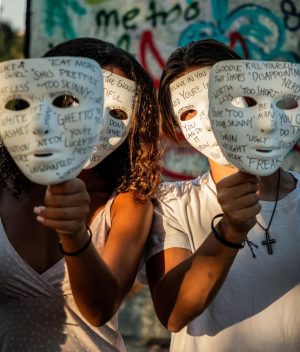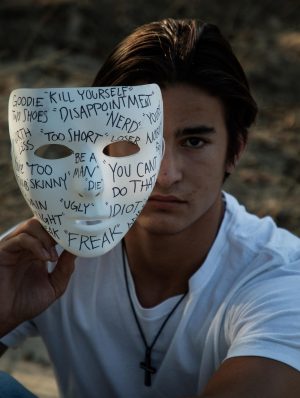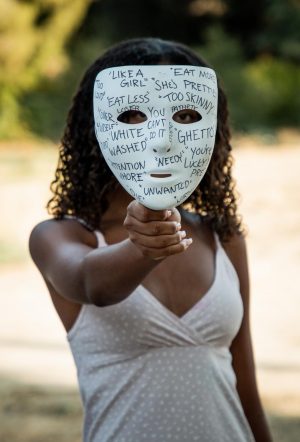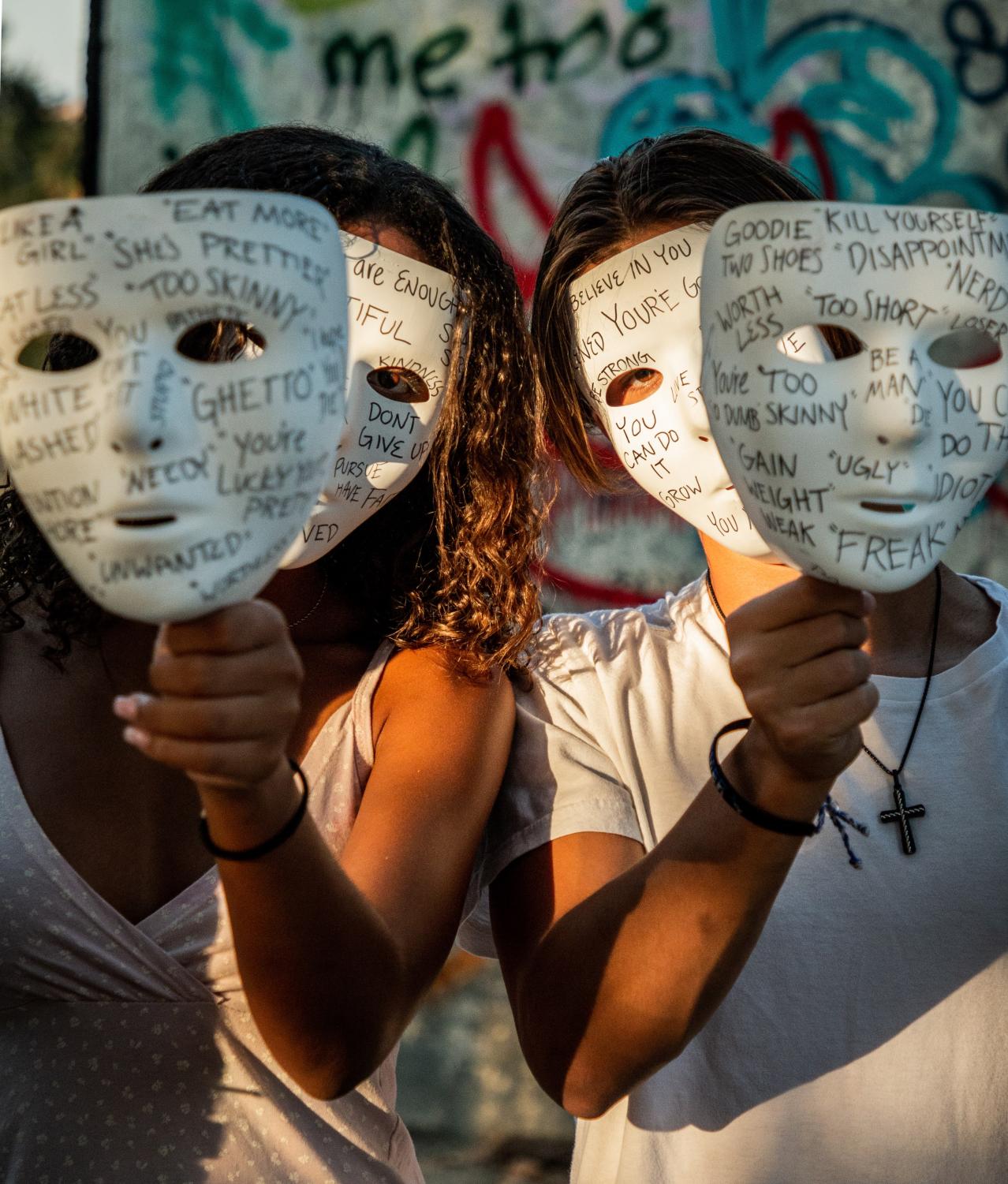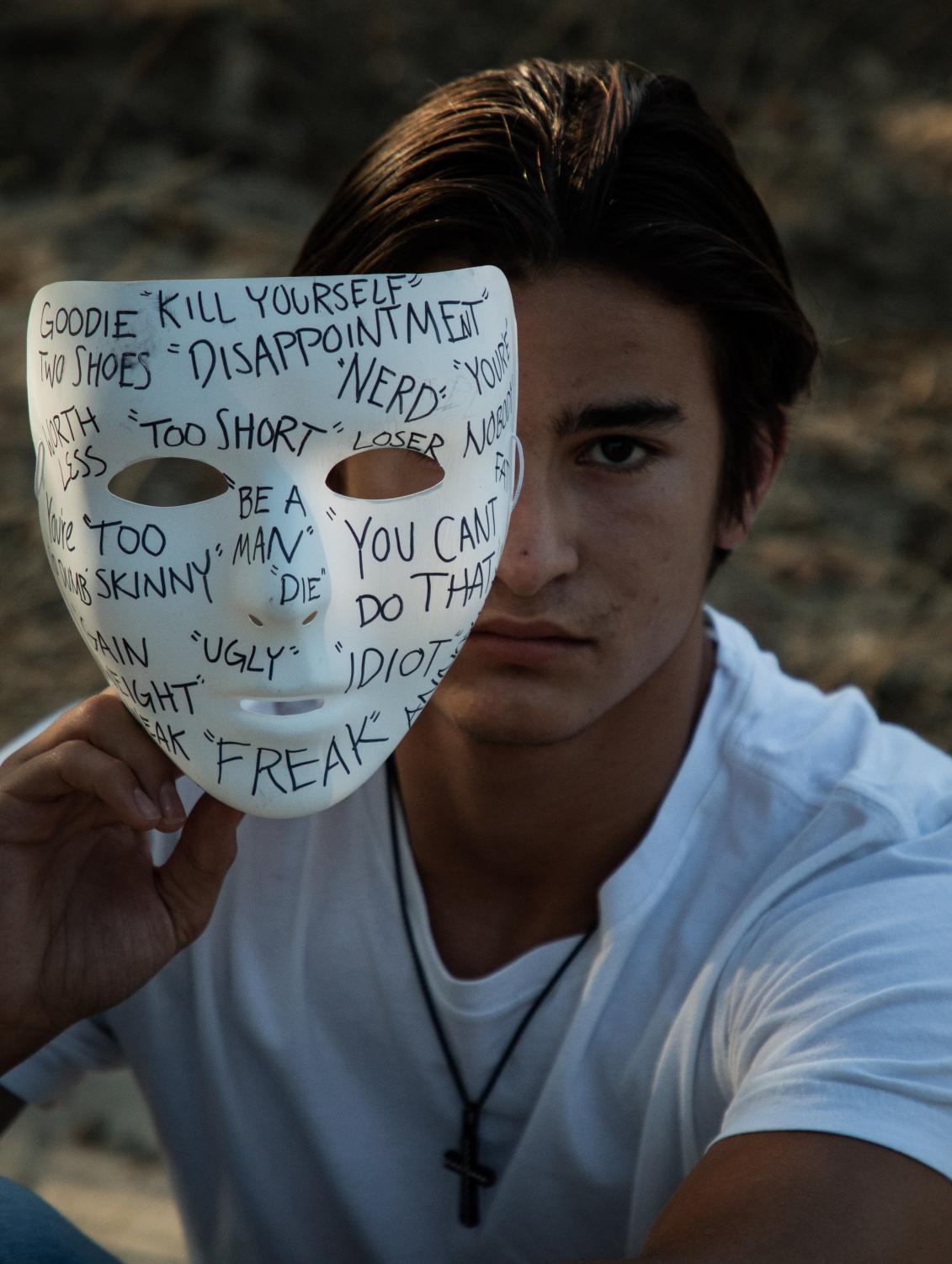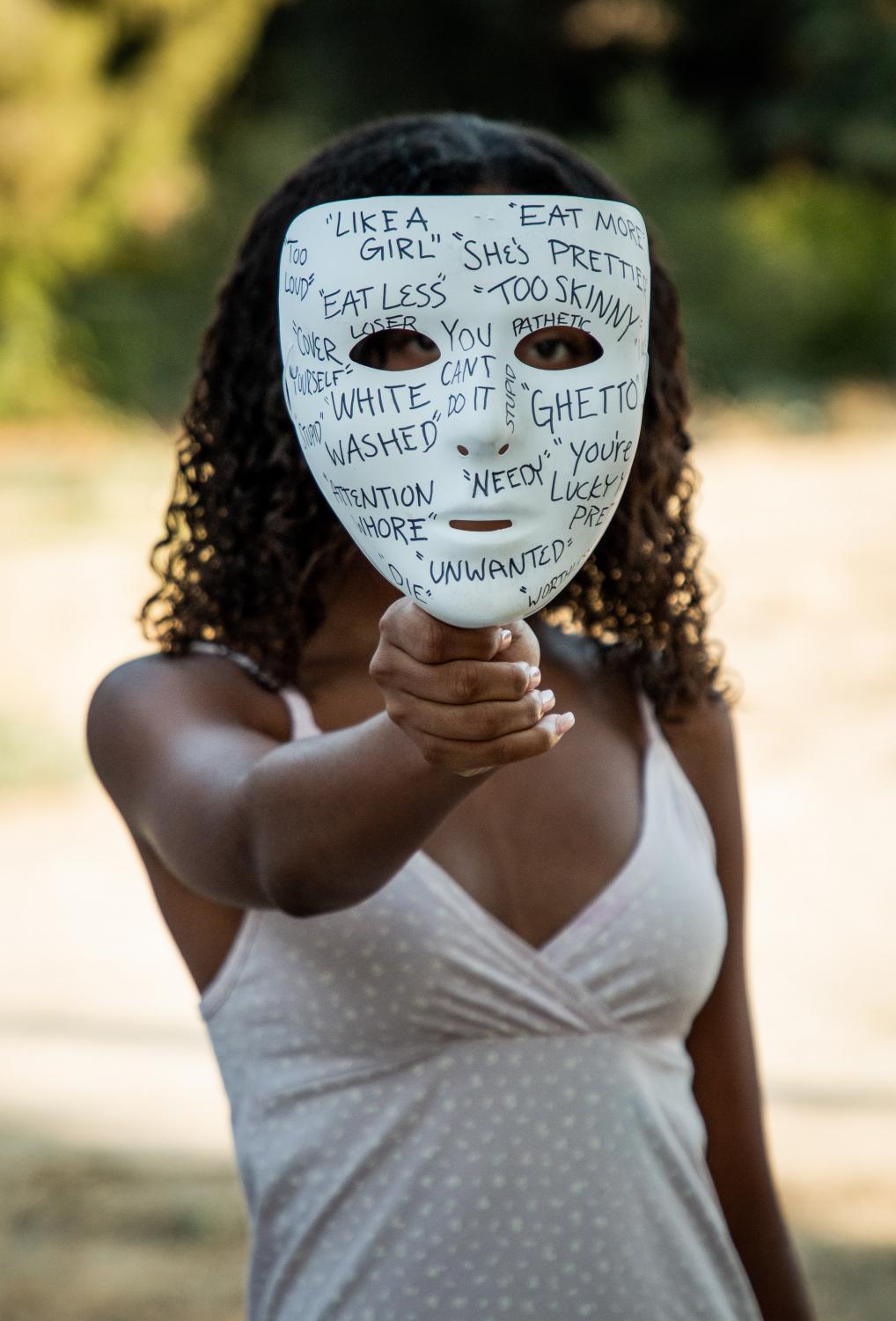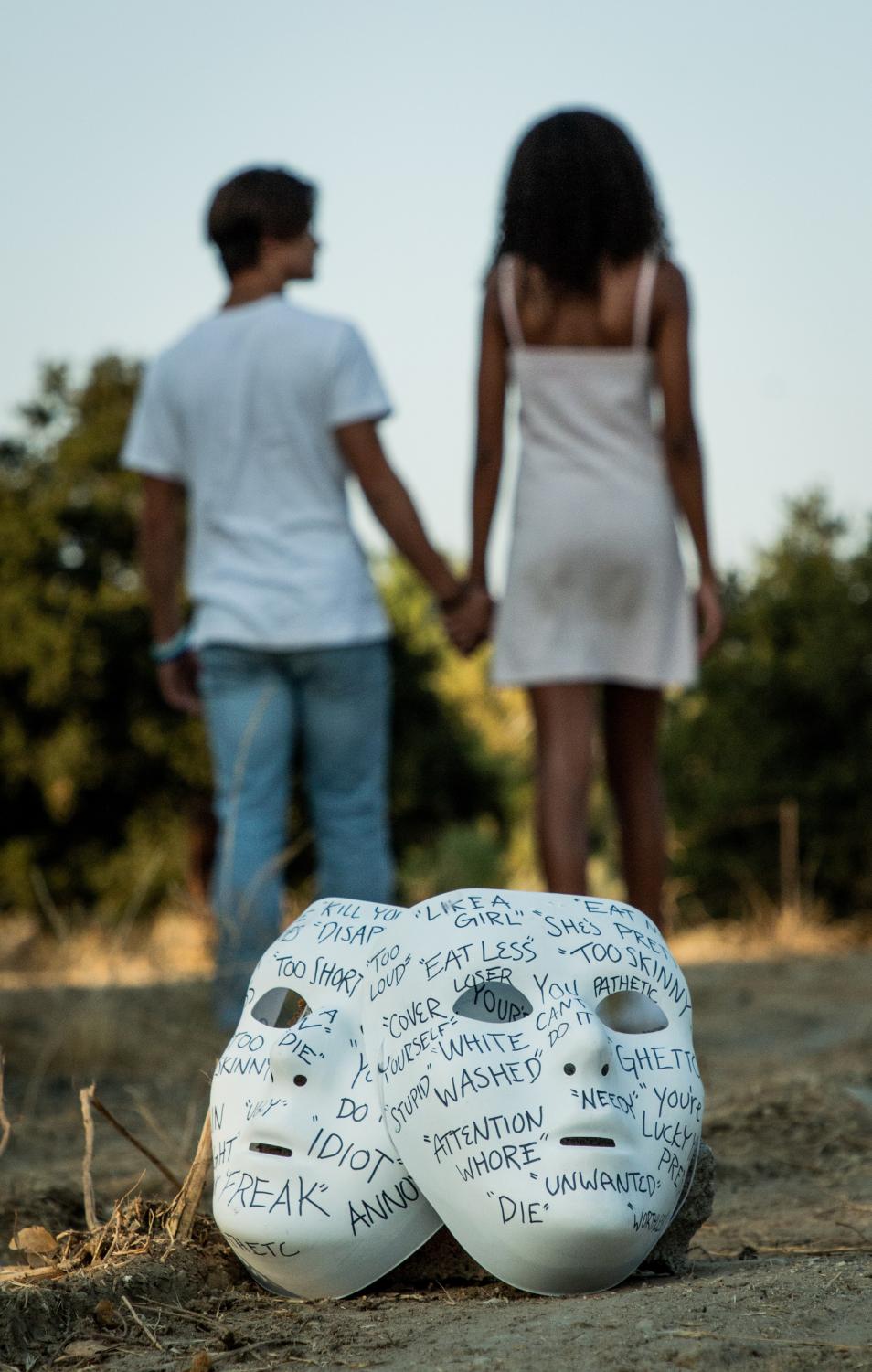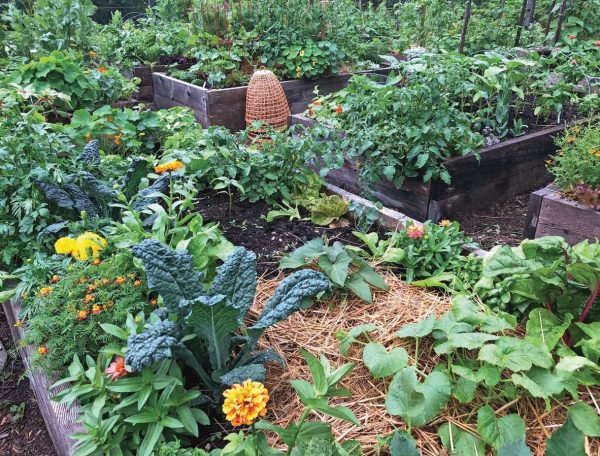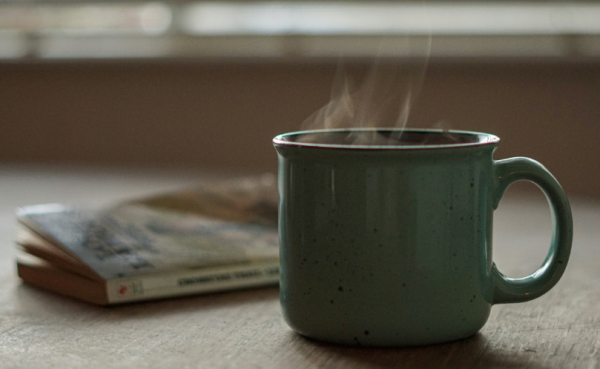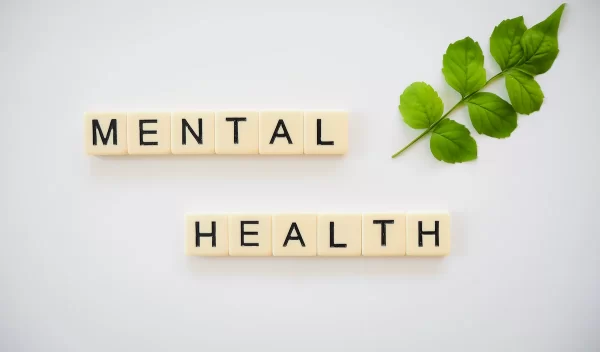Mental Health Resources
With Mental Health Awareness just passing by on Oct. 10, many students and clubs at Canyon talk about breaking the stigma of mental health and gaining resources about seeking help if needed during these times of social distancing and online school.
Since teens have been on their phone more than ever during this pandemic, some have gained friends crossing state lines. This sets its own challenges when trying to provide resources if they need it. It is unfortunate that we cannot be there for our loved ones, but do not be discouraged since there is always help available.
Thankfully, websites like American Psychological Association gives a list of not only national hotlines, but they also help find a psychologist near anyone who is in need of support. This website lets you connect to any state you are in, and after filling out a short questionnaire, they are able to assess a referral to you.
If you or a friend need local resources, Be The Difference SCV has made a list that ranges from workplace bullying to food and shelter resources. This user-friendly website provides links to different organizations and phone numbers, so you can choose the best fit for you.
Some might feel a heightened sense of anxiety, depression, and isolation. There are many things to cope with these feelings, but these mechanisms are not a substitute for seeking professional help. The Anna Freud National Centre for Children and Families’s article has over 90 coping strategies for teens, all giving a brief description of the activity and how teens feel when they do or not do the mechanism and how it affects their overall well-being at the time.
The Anna Freud National Centre for Children and Families asked professionals and looked at research to figure out what are some of the best ways for younger people to practice self-care. Some strategies I thought were interesting were ASMR, spiritual healing, making music, and self-talk. These are unique ways that teens can cope with social distancing, and this also helps them create a better relationship with themselves.
It is important to remember that you are not alone and there are always people willing to help no matter the situation.
Your donation will support the student journalists of Canyon High School. Your contribution will allow us to pay for our print issue magazine, website, and equipment costs.

